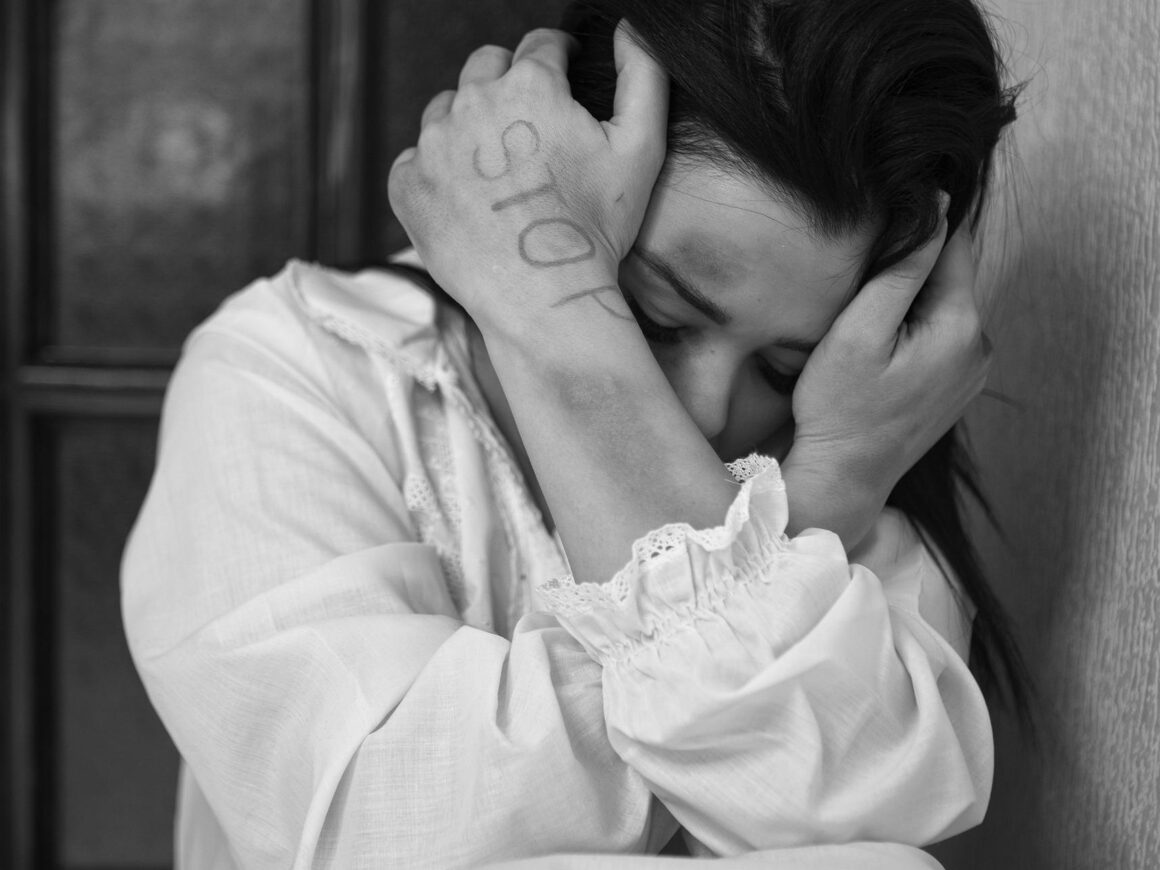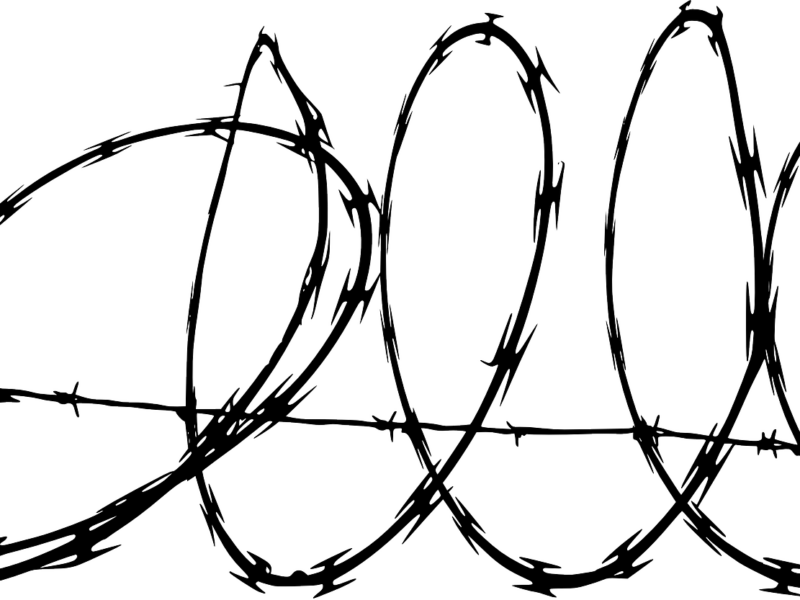Wikipedia.
Violence against women takes many forms. Violence against women cuts across all societal layers. Psychological violence is just as dreadful as physical violence. If not even worse…
The Council of Europe adopted the Istanbul Convention in 2011 as an international treaty aimed at preventing and combating violence against women and domestic violence. It entered into force in 2014. The fundamental principle of the Convention, articulated in Article 1a, is to protect women from all forms of violence and to prevent, prosecute, and eliminate violence against women and domestic violence.
As of now, 46 member states of the Council of Europe have signed the Istanbul Convention in Istanbul, hence its colloquial name. Thirty-four of these countries have ratified it.
Austria, along with Monaco, was the first country to undergo a baseline evaluation. This initial state review took place from March 2016 to January 2018 and resulted in recommendations from the Committee of Parties to Austria. The Istanbul Convention is often regarded as the “gold standard” in preventing violence and combating violence against women. Accordingly, the agreement includes extensive obligations concerning violence prevention, victim protection, and effective prosecution. These requirements encompass awareness-raising measures, the establishment of adequate support facilities, criminal prosecution of acts of violence, and support for victims in criminal proceedings.
For more information, you can refer to the sources:
Physical violence is usually easily recognizable. Psychological violence is invisible.
Psychological violence is an attack on a person’s self-assurance and self-esteem. Those who perpetrate psychological violence aim to belittle, humiliate, disturb, and/or frighten their victim – seeking to gain control and power over them.
https://bayern-gegen-gewalt.de/gewalt-infos-und-einblicke/formen-von-gewalt/psychische-gewalt/
Anyone who asserts or disseminates an untrue fact about another person, which is suitable for making them contemptible or degrading them in the public opinion or endangering their credit, despite knowing better, shall be punished with imprisonment for up to two years or a fine. If the act is committed publicly, in a meeting, or by disseminating content (§ 11 paragraph 3), the punishment is imprisonment for up to five years or a fine.
https://de.wikipedia.org/wiki/Verleumdung_(Deutschland)
In Austrian criminal law, defamation occurs when someone exposes another to the risk of official prosecution by falsely accusing them of committing an official offense or violating an official or professional duty, knowing the accusation to be false. Defamation is considered an offense against legal order and is regulated under § 297 of the Austrian Criminal Code (StGB). It carries a penalty of imprisonment for up to one year or a fine. If the offense falsely attributed to the victim carries a penalty exceeding one year of imprisonment, the penalty for defamation increases to up to five years of imprisonment.
https://de.wikipedia.org/wiki/Verleumdung_(Österreich)







